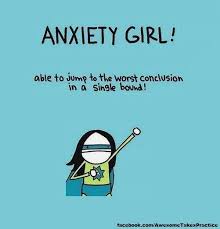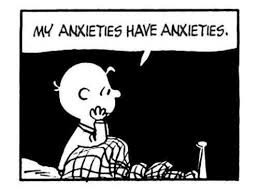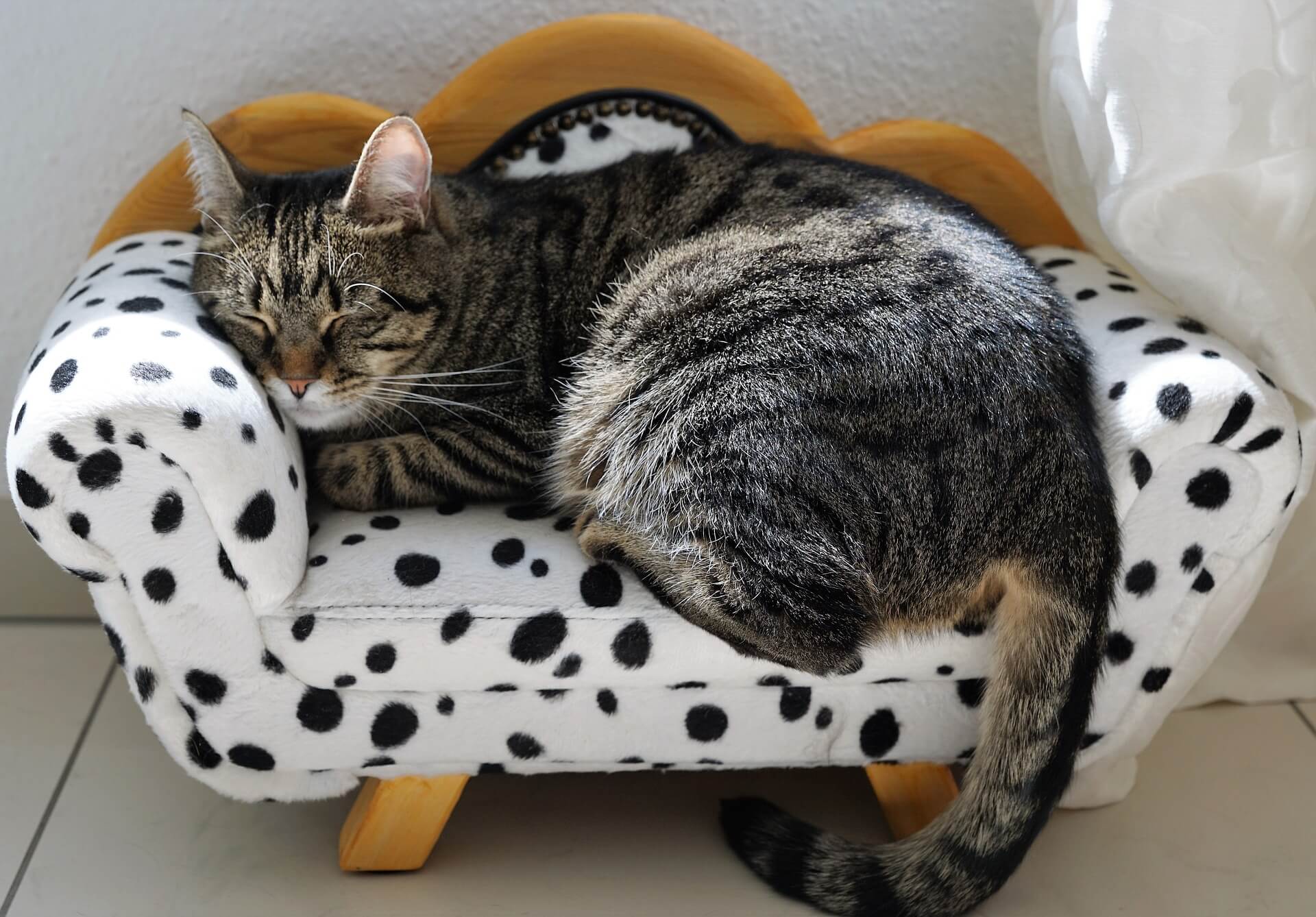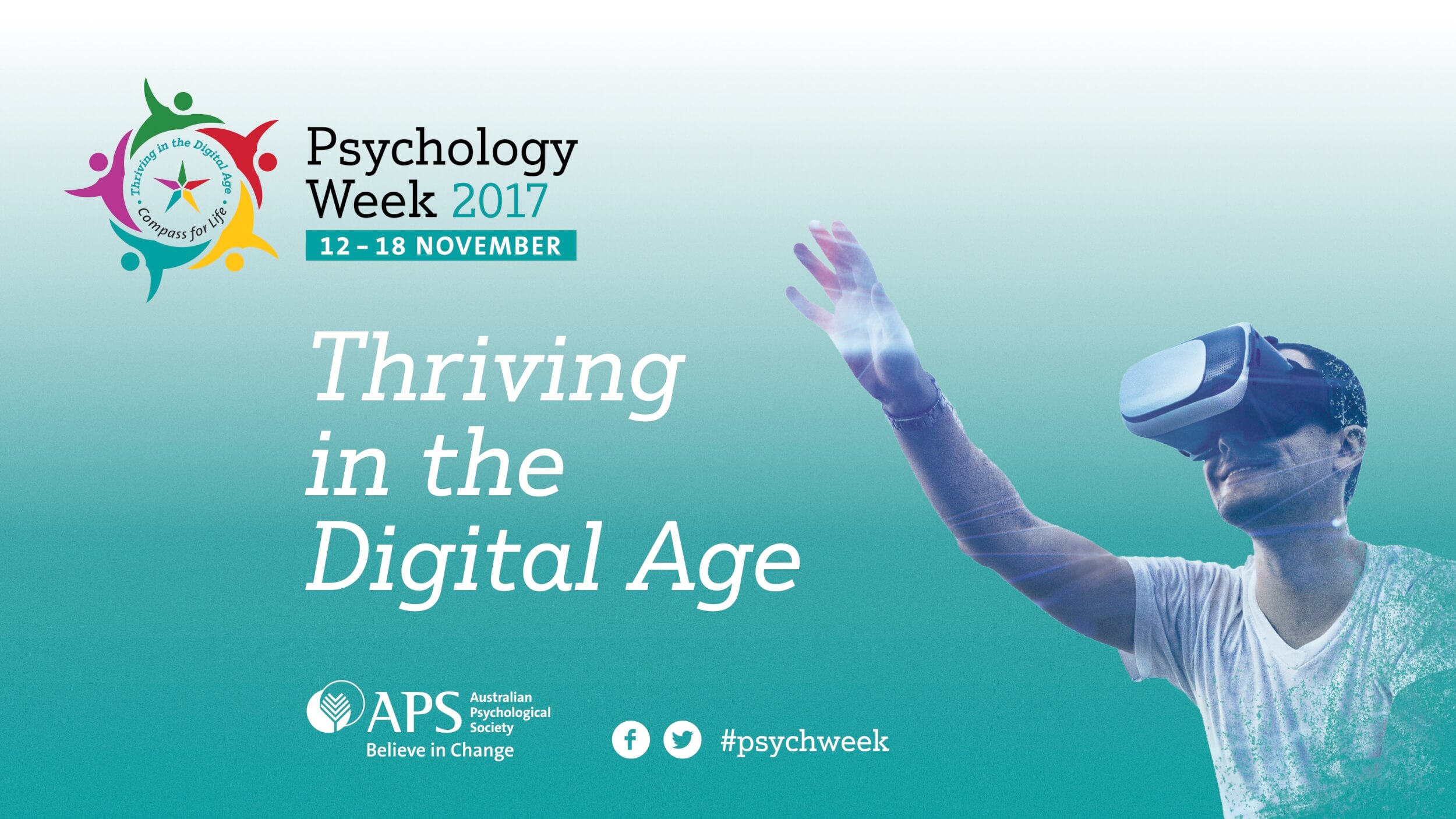Anxiety: What is it?
Posted on August 15th, 2017
“Just when the caterpillar thought the world was ending, it turned into a butterfly” – Proverb.
Heart racing, sweating, choking smothering type sensation, feeling like you might die? Sound familiar? We will all experience anxiety at some time. Anxiety is a normal emotional response. It is a fear response. Anxiety is just a message to our brains saying “DANGER, DANGER, DANGER”, then our body will kick into what we call the ‘flight or fight’ response. Fight or flight is simply when our body prepares to fight whatever the danger is, or if it’s too big, get prepared to flee (so run). Fight or flight is very physical, which is why many people can relate to these common physical symptoms, however not everyone who struggles with anxiety will even realise that they experience it.
Sometimes our brain will convince us we are in danger, when we aren’t. It is these incidences of anxiety that we need to learn how to manage more effectively. Anxiety is very common and approximately one in five people we struggle with anxiety at some point in their lives.
Physical Symptoms of Fight or Flight
Some common physical symptoms of anxiety include:
- Short shallow breaths which lead to light headedness, dizziness, and choking smothering type feelings.
- Our digestive system also shuts down, which leads to feelings of heavy stomach, nausea, butterflies in the stomach, vomiting, and dry mouth.
- Heart racing, tightness or pain in the chest.
- Sweating
- Sensitivity to light
- Pins and needles in our hands or feet, or a change of sensation in our skin
- Tense muscles leading to headaches and shoulder and neck discomfort
There is a lot happening in our bodies when we experience fight or flight response, so it’s not unusual that we might be left feeling tired and exhausted. The good news is this is exactly what our bodies are designed to do. Bad news, you are an over achiever, you are too good at it. You are doing it when you don’t need to.
The good news today is that it isn’t very often that we are actually faced with physical danger. It does happen from time to time, but most of the time our danger is psychological or social. For example: will I be late for my appointment? Will they be upset with me? The problem is that the brain cannot differentiate between physical and social or psychological danger, so it prepares for a physical fight, even when there is no fight to be had. This is what causes us trouble.
Thinking Changes
“If you don’t like something change it; if you can’t change it, change the way you think about it”. – Mary Engelbreit
We also experience thinking change when we get anxious. Our brain actually tricks us. It says “hey, the worst possible thing that could happen will happen, (and the second part..) and you will never be able to cope with it”. When in actual fact the chances of the worst possible thing happening is actually quite small, and even if it did happen we would still be able to cope (it’s not like we get any choice!).
Behavioural Change
We also have a behavioural change when we get anxious. The number one behaviour change for anxiety is avoidance. If something makes me feel uncomfortable, I’m just not going to do it. The problem with this is that the more we avoid, the stronger our anxiety gets. Avoidance strengthens our false beliefs that something terrible is going to happen. So although we get instant relief it is short lived and actually increases our anxiety over time. So it is really important to ‘nip it in the bud’ as early as possible, or anxiety can get out of hand very quickly.
What can we do about anxiety?
Anxiety is actually very easy to shut down, once you know how (ha ha, like everything). Keep an eye out for my next blog where I’ll teach you how to shut anxiety down quickly and calm yourself.
“Be not afraid of life. Believe that life is worth living, and your belief will help create the fact”. – William James.
Written by Judy Travis



